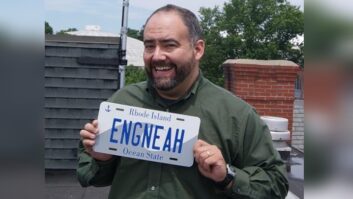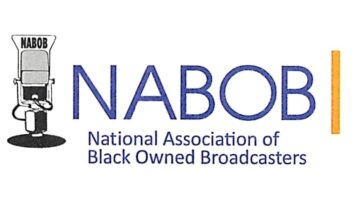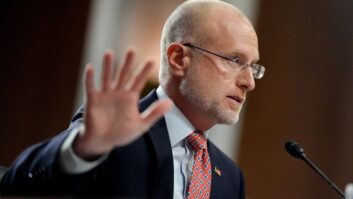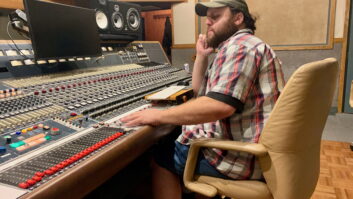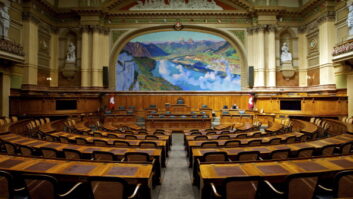The FCC has dealt a loss to an AM broadcaster in Puerto Rico in a case being followed by many engineers interested in technical rule improvements on that band.
The Federal Communications Commission denied an urgent petition to reconsider its cancellation of three broadcast experimental license stations. The commission also dismissed “untimely and/or unauthorized pleadings and other filings” relating to the petition, as well as subsequent letters received.
The stations are WA2XPA (Arecibo), WI2XSO (Mayaguez) and WI3XSO (Aguadilla), all of which are AM synchronous boosters licensed to Wifredo Blanco-Pi. Their call signs will be deleted.
When Blanco-Pi applied for the licenses, he did so to test the operation of such boosters on the same channels as two of hisfull-power AM stations, WAPA(AM), San Juan, and WISO(AM), Ponce. For six-and-a-half years, he operated the boosters under these experimental licenses, but the commission said it has cancelled them because the licenses are now limited to five-year periods and because he has indicated that the period of experimentation with the boosters has concluded.
All of this was bolstered by the commission’s recent Guayama ruling, in which he was denied an additional booster to serve that area of Puerto Rico. The FCC said, “Establishment of a new AM booster station merely to extend the service of an existing AM station impermissibly circumvents our commercial AM filing window and competitive bidding processes.” Blanco-Pi did not seek reconsideration or review of the Guayama MO&O.
In the ruling, the Media Bureau’s Audio Division Chief Peter H. Doyle wrote: “Blanco-Pi’s arguments evidence basic misunderstandings regarding the rules, the conditions on the stations’ experimental licenses, and the nature of the experimental service generally.”
However, if Blanco-Pi is still interested in pursuing the restoration of WAPA’s pre-experimental facilities, the commission directed him to file an FCC Form 301 Application to modify the facilities of WAPA(AM) to return to its pre-experimental operation.
Read more history of this case and discussion of the broader idea of permanently allowing AM boosters here: https://www.radioworld.com/business-and-law/0009/should-am-boosters-be-permanently-allowed/338205


